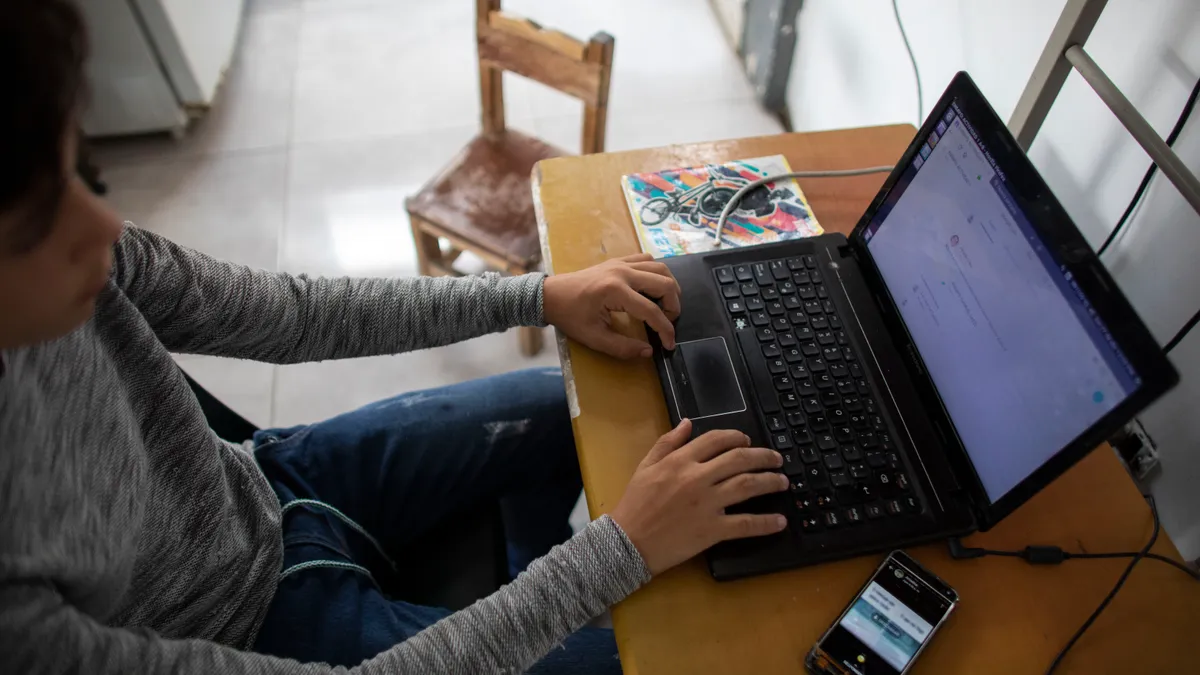Dive Brief:
-
The Common Application will expand its direct admissions program for the 2024-25 application cycle, offering proactive acceptance letters from 116 colleges to first-generation students and those from low- and middle-income backgrounds.
-
Direct admissions offers prospective students acceptance without first requiring them to apply. Common App said Thursday it aims to boost applications from students who have historically been underrepresented in higher education.
-
The online portal first launched the program in 2023 with 71 college partners. Some 400,000 students received admissions offers in its inaugural year, the company said.
Dive Insight:
Common App, which allows students to apply to more than 1,100 member colleges, first piloted a direct admissions program in 2021, offering 3300 students proactive acceptance to three historically Black colleges. Since then, the program has grown dramatically, and higher ed experts are increasingly turning to direct admissions as a means of boosting enrollment.
Students who created a Common App account will be eligible to receive direct admissions offers once they have uploaded a baseline of academic information, but have not completed all their open applications. Application fees are also waived on direct admissions offers.
During the 2023-24 application cycle, three out of four students who indicated interest in a college after receiving a direct admission offer applied there, according to Common App.
This year, Common App will also allow students to track and respond to offers in-site. It will also provide resources to high school counselors and the families of students receiving direct admissions offers.
Colleges participating in the program are spread out over 34 states and include the University of North Carolina Asheville, Columbia College Chicago and the University of Kentucky.
Jenny Rickard, president and CEO of Common App, said Thursday the direct admissions program is designed to show more students they are college material and welcome within higher education.
"It’s imperative that we find ways to change the narrative about college from one of scarcity to one of opportunity,” Rickard said in a statement.









 Dive Awards
Dive Awards





